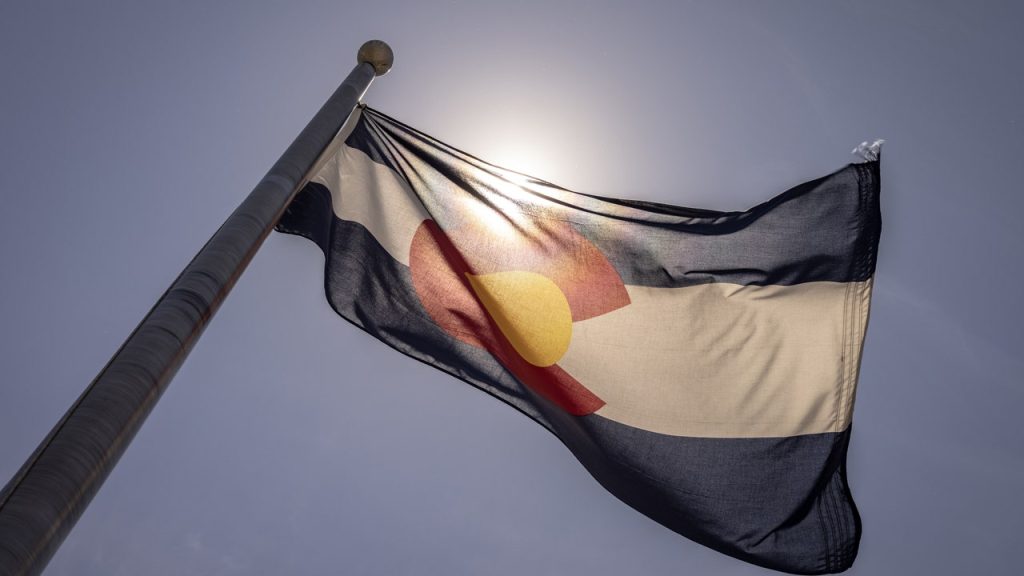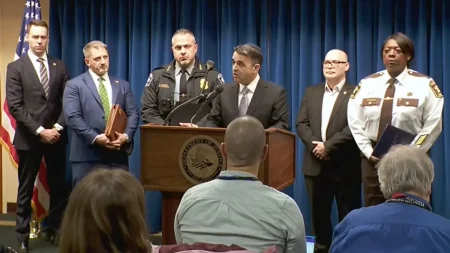Colorado, known for its stunning Rocky Mountains and vibrant ski culture, also harbors a collection of unusual laws that might surprise visitors and residents alike. While some of these regulations seem antiquated or even humorous, they offer a glimpse into the state’s history and its unique approach to maintaining order and preserving its character. This exploration delves deeper into four of these peculiar Colorado laws, examining their origins, implications, and the curious circumstances surrounding their existence.
The first peculiar law involves a restriction on the placement of upholstered furniture outdoors, specifically in Boulder, Colorado. Boulder’s municipal code prohibits residents from keeping upholstered furniture not designed for outdoor use in their front, side, or backyards. This ordinance encompasses common household items such as sofas, chairs, and mattresses. The rationale behind this regulation likely stems from concerns about aesthetics, sanitation, and property values. Leaving upholstered furniture exposed to the elements can lead to deterioration, creating an unsightly appearance and potentially harboring pests. However, the law provides exceptions for furniture placed outside during moving, designated trash days, or when offered for sale, demonstrating a degree of practicality within the regulation.
Another intriguing Colorado law pertains to the sale of motor vehicles on Sundays. Statewide legislation prohibits any person, firm, or corporation from engaging in the sale, barter, or exchange of motor vehicles on Sundays. This restriction, rooted in the tradition of observing Sunday as a day of rest, applies to both new and used vehicles. Interestingly, the law does not extend to the sale of auto accessories or vehicle repairs, allowing businesses related to these services to operate on Sundays. This distinction highlights the nuanced nature of Colorado’s Sunday closing laws, balancing religious observance with economic considerations.
Pueblo, Colorado, enforces a unique ordinance regarding weed control. This regulation mandates that landowners keep weeds on their property under ten inches in height. The ordinance specifically mentions dandelions, a common and often cherished weed whose fluffy seed heads are frequently blown for wishes. This inclusion of dandelions, alongside other noxious weeds like Canada thistle and Russian thistle, demonstrates Pueblo’s commitment to maintaining a tidy and well-kept appearance throughout the city. The ordinance, however, makes exceptions for cultivated areas such as flower gardens, shrubbery plots, vegetable gardens, and small grain plots, recognizing the value of intentional landscaping and agricultural practices.
Perhaps the most whimsical of Colorado’s unusual laws is Aspen’s prohibition on throwing snowballs. The city’s municipal code explicitly forbids the throwing of any stone, snowball, or other missile at vehicles, buildings, property, or individuals in public or private spaces. This ordinance also extends to the discharge of devices like bows, blowguns, slingshots, guns, and catapults. While the law may seem overly cautious, it likely serves to prevent injury and property damage, particularly in a town renowned for its winter tourism and the abundance of snow. This seemingly playful prohibition underscores Aspen’s commitment to maintaining a safe and orderly environment for both residents and visitors.
These four examples, though seemingly disparate, reveal a common thread: Colorado’s unique approach to balancing individual freedoms with community well-being and maintaining a distinct cultural identity. Whether it’s preserving the visual appeal of neighborhoods, observing traditional days of rest, ensuring public safety, or upholding a particular aesthetic, these quirky laws offer a glimpse into the values and priorities that shape Colorado’s character. They also serve as a reminder that legal landscapes can be as varied and intriguing as the natural landscapes that draw so many to the Centennial State. While some may see these regulations as peculiar, they represent Colorado’s attempt to address specific concerns and maintain its unique charm, creating a tapestry of legal oddities that add to the state’s colorful identity.
These laws, while sometimes seemingly trivial, reflect the community’s priorities and values. The upholstered furniture ordinance aims to maintain a certain aesthetic standard and prevent unsightly decay in public spaces. The Sunday car sales ban acknowledges the tradition of Sunday as a day of rest while also permitting certain automotive-related businesses to operate, balancing religious observance and economic activity. Pueblo’s weed control ordinance reflects the community’s value of neatness and public health, while acknowledging the importance of agriculture and cultivated gardens. Finally, Aspen’s snowball ban, though perhaps the most playful of the bunch, serves to protect public safety in a town known for its winter tourism and abundant snowfall. These laws, taken together, offer a unique perspective on the cultural and social fabric of Colorado.










